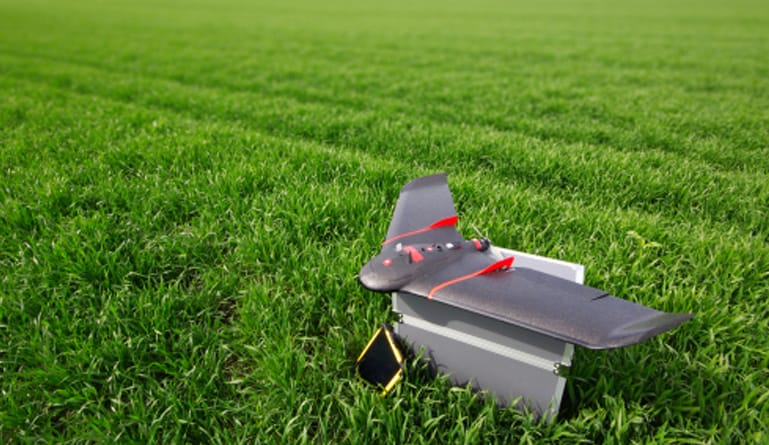Why geospatial technology is critical to the future of business.
What is geospatial technology and can it help your business?
Before diving into the future of geospatial technology, we should first define it and gain an understanding of why it is so important.
According to the American Association for the Advancement of Science, geospatial technology is defined as, “a term used to describe the range of modern tools contributing to the geographic mapping and analysis of the Earth and human societies.” What began with maps and cartography has evolved into advanced technology that allows satellites to use digital software to take pictures of the earth and combine this imagery with other data, such as socioeconomic and environmental factors that combined all tell the story of a specific area, country, or the planet.
We often interact with geospatial technology in some form or another every day, whether it’s using GPS to find our destination, tracking a package through UPS, or checking in to a location on social media. Geospatial technology is already used in lots of business applicants and industries, including urban and environmental planning, security and intelligence, risk assessment, utilities administration, and logistics industries.
Geospatial technology, whether we’re familiar with the term or not, is already a growing and thriving technology that we use or interact with regularly. So, what are some of the ways that the geospatial industry or geospatial technology trends could affect business in the future? Here are some ways that geospatial analytics might affect organizational decisions, as well as other trends to consider.
AR & VR: The demand for an interactive experience from customers continues to grow. Virtual reality and augmented reality applications continue to grow in use and their foundation has its roots in geospatial technology. Any business that plans to either start or continue using AR and VR technology will want to pay attention to the geospatial technology industry.
Wearable technology: Geospatial tech is what drives wearable products like the FitBit. These devices can track steps, analyze heart rate levels, and help consumers have a better understanding of their activity during the day. As more businesses break into wearable tech – whether it’s for pets, fashion, or fitness – advances in geospatial technology will drive that business forward.
Payment: Cashless payment options are powered by geospatial technology. Google Pay, Apple Pay, and other payment options that don’t require cash or the swipe of a card are all facilitated by geospatial tech advances. The future of geospatial tech will help more businesses begin to accept these kinds of payments, streamline their processes, and help serve their customers better.
Marketing: Targeted marketing is becoming increasingly important in a crowded and competitive business landscape. Geospatial technology allows for businesses to target people locally through GPS technology and advertise to them on their phones or GPS enabled devices. This new way of marketing is extremely effective for very targeted campaigns or niche businesses.
Geospatial technology has applications in both public and private sectors and many uses that have helped businesses grow and expand both their brand awareness and reach as well as their customer service. Has geospatial technology affected your business? What geospatial business use trends are you most excited about?






